T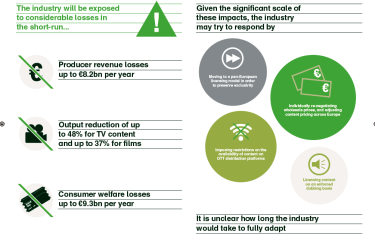 he report calculates that changes to copyright and other initiatives at the EU level could result in substantially lower levels of investment in TV and film content, with consumer welfare losses worth up to €9.3 billion. This, it said, would be a direct result of those consumers losing access to content they currently enjoy, being charged more, or being priced out completely. It further asserts that up to 48% less local TV content in certain genres and 37% less local film production would be produced, with the most marginal/risky content at particular risk of being dropped.
he report calculates that changes to copyright and other initiatives at the EU level could result in substantially lower levels of investment in TV and film content, with consumer welfare losses worth up to €9.3 billion. This, it said, would be a direct result of those consumers losing access to content they currently enjoy, being charged more, or being priced out completely. It further asserts that up to 48% less local TV content in certain genres and 37% less local film production would be produced, with the most marginal/risky content at particular risk of being dropped.
The report was launched with the support of a broad group of sponsors, including film and audiovisual producers, distributors, broadcasters, platforms and film agencies throughout Europe and across the world. The group urges the European Commission to re-think its proposals to erode the territorial exploitation of film and TV content and avoid any proposals or other initiatives that would undermine film and television licensing and financing, including the decision to license on an exclusive territorial basis.
Source: New Euro law claimed to be putting film, TV audiences at risk of substantial loss of content | Media Analysis | Business
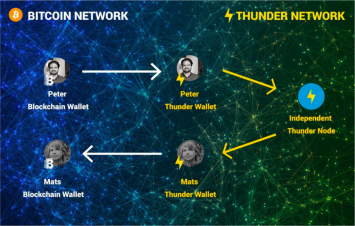 Blockchain, the company behind the world’s most popular bitcoin wallet, has been quietly working on an interesting project called Thunder.
Blockchain, the company behind the world’s most popular bitcoin wallet, has been quietly working on an interesting project called Thunder.

 hen IMPF was setup, it primarily had one item on its agenda: the Global Repertoire Database. Yet the GRD project, which would have created a single worldwide repository for all music publishing rights information, infamously collapsed in late 2014, by which time costs had hit £8m – a bill certain PROs were not willing to foot.
hen IMPF was setup, it primarily had one item on its agenda: the Global Repertoire Database. Yet the GRD project, which would have created a single worldwide repository for all music publishing rights information, infamously collapsed in late 2014, by which time costs had hit £8m – a bill certain PROs were not willing to foot.


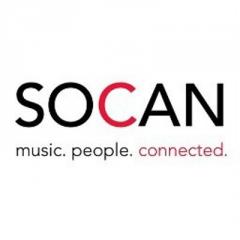 ’s rights society SOCAN has made a major technology investment with the purchase of Seattle-based B2B digital platform and data management company MediaNet. Terms of the acquisition were not disclosed.
’s rights society SOCAN has made a major technology investment with the purchase of Seattle-based B2B digital platform and data management company MediaNet. Terms of the acquisition were not disclosed.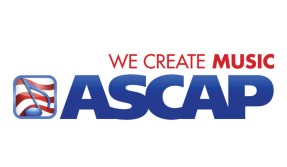

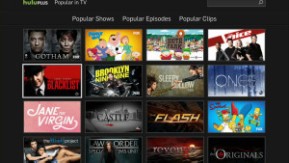 content deal structures growing increasingly sophisticated, Mediamorph is aiming to offer a platform that will provide Hulu improved insight into the utilisation and costs of content, helping drive decisions on future investment.
content deal structures growing increasingly sophisticated, Mediamorph is aiming to offer a platform that will provide Hulu improved insight into the utilisation and costs of content, helping drive decisions on future investment.